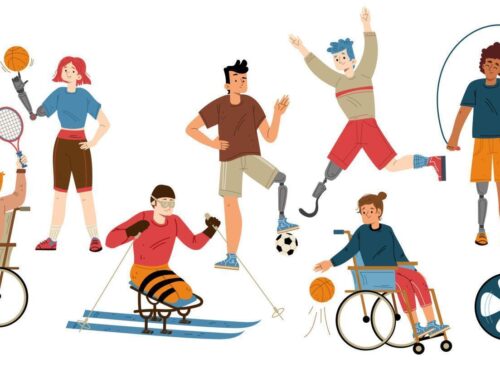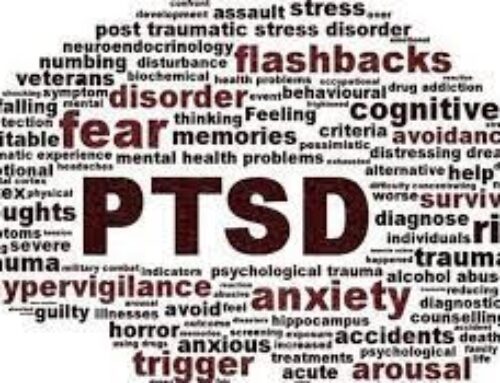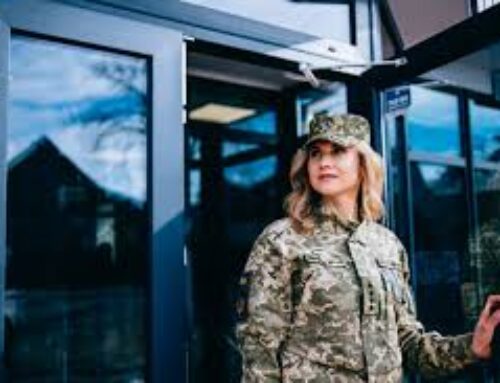Veteran Experiences: Vietnam Veterans
In many ways, the Vietnam War was a formative part of United States history. For example, it was the first widely televised war, meaning that the American public had unprecedented access to the conflict. Further, despite the many years and lives lost to the war, its outcome remains hotly debated to this day—while many American consider the war a failure, there never was (and likely never will be) any kind of clear consensus on who won the war. And, finally, the Vietnam War occurred during a period of enormous social change in the US, much of which was exacerbated or caused by the war itself, which was one of the most divisive in American history.
Just as the war itself was unique, Vietnam War veterans continue to experience a unique set of issues and repercussions as a result of their service in the conflict. Here, we’ll talk briefly about some of the consequences that Vietnam veterans have and continue to face as a result of their service.
Who Are Vietnam Veterans?
According to the Department of Veterans Affairs, the Vietnam service era is defined as lasting from February of 1961 to May of 1975. Anyone who served in Vietnam during that time frame is considered a Vietnam veteran. Around 2.7 million Americans served in Vietnam; of those, over 58,000 died.
Vietnam Veterans’ Issues
Although the Vietnam War has come to be regarded as a distant event by many people, for the men and women who served in it, the war continues to have a substantial—or even debilitating—impact on their lives. For example:
- Shame and Stigma. The Vietnam War was an extremely unpopular war. By May of 1971, polls revealed that over 70% of people thought that US involvement in the war was a mistake. Sadly, many veterans bore the brunt of this public frustration and outrage, and were treated with coldness or outright hostility on returning home.
- Agent Orange Fallout. Agent Orange was a chemical herbicide that the US military used to defoliate forests in Vietnam in order to prevent enemy forces from hiding in them. Exposure to Agent Orange has since been found to cause a long list of diseases, including several types of cancer, Parkinson’s disease, heart disease, and diabetes. In addition to affecting Vietnam soldiers directly, Agent Orange can also cause birth defects in the children of exposed individuals.
It’s estimated that around 300,000 veterans have died from the effects of Agent Orange. - Post-traumatic stress disorder (PTSD). Of course, trauma and PTSD didn’t originate with the Vietnam War. However, the post-Vietnam era was unique in that it was the first time that PTSD was given a formal, clinical definition.
According to the VA, it’s believed that around 30% of Vietnam Veterans have suffered from PTSD at some point in their lives. For many of those individuals, their struggle with PTSD has lasted decades. In addition to the trauma of combat, many believe that the isolation caused by the war, as well as the critical treatment soldiers received upon returning, may have contributed to PTSD among Vietnam veterans.
National Veterans Homeless Support seeks to eliminate homelessness among veterans in Central Florida and nationwide. NVHS takes a proactive, intervention-based approach to homelessness by meeting homeless veterans where they are and helping them from there. Through programs like Search and Rescue Outreach, NVHS helps homeless veterans get the supplies they need to survive, connects them with support and resources, and helps them transition off the streets and into temporary or permanent housing. If you’re able, consider supporting our mission by donating or signing on as a volunteer.





